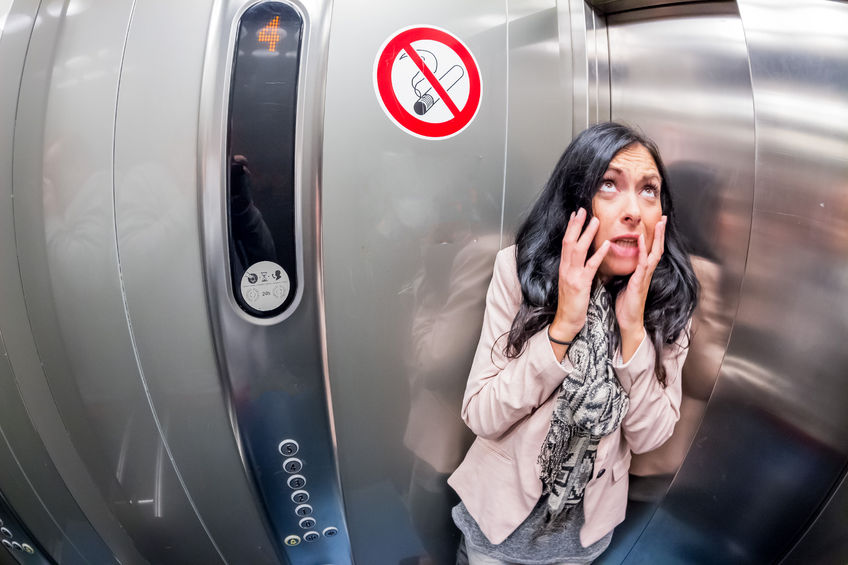
It is estimated that there are about 50 million elevator rides taken every single day in the U.S. The likelihood of being injured or killed in an elevator accident is low, but the majority of elevator accidents that do occur are avoidable. If you have been injured or lost a loved one in an elevator accident, and experienced accident attorney in your state can determine why the accident happened and who can be held liable for your losses.
Types of Elevator Accidents
Elevators can malfunction in a number of ways including:
- Free fall of elevator car down the shaft
- Sudden, rapid drop of the elevator car
- Sudden acceleration or deceleration
- Doors closing on a person
- Doors open onto an empty shaft allowing victims to fall down the shaft
- Doors opening when elevator is not level with floor
- Elevator begins moving when it should not
- Becoming trapped inside an elevator car
- Becoming trapped between the wall of the elevator and the shaft
Causes of Elevator Accidents
In order to determine who was responsible for your elevator accident, your attorney must first determine the underlying cause. Common causes of elevator accidents include:
- Failure to inspect elevator system on a regular basis
- Inadequate maintenance
- Failure to repair or replace aging elevator
- Failure to close off an elevator in need of repair
- Faulty repairs
- Improper installation
- Faulty wiring
- Design flaw
- Defective parts
- Faulty safety strips on doors
- Electronic eye malfunction
- Pulley system malfunction
Elevator Accident Injuries
Elevator accident injuries can be very severe and some are fatal. Even those who are not severely injured physically can be left with permanent psychological scars. The terror of being trapped in an elevator for hours or days is enough to prevent a person from ever being able to enter an elevator again, and with good reason. If you are trapped long enough, you can die. When elevator doors close on a victim and the elevator car begins moving, it can result in amputation, dismemberment or decapitation. An elevator that open when it is not level with the floor poses a tripping hazard.
Elevator injuries can include:
- Decapitation
- Asphyxiation
- Electric shock or electrocution
- Amputation
- Brain injury
- Spinal cord injury
- Back and neck injuries
- Broken bones and fractures
- Crush injuries
- Tendon and nerve lacerations
- Severe burns
- Heat exhaustion
Your Attorney Can Help
An experienced elevator accident attorney can determine if your elevator accident case falls under product liability, premises liability or another type of negligence, and who can be held liable for your injuries. Depending on the cause of the accident, your attorney may seek compensation from one or more of the following:
- Building owner
- Property manager
- Business owner
- Elevator or parts maker
- Elevator or parts seller
- Elevator installer
- Third party contracted to maintain and/or repair elevator
If you have been injured or lost a loved one in an elevator accident, please browse our directory and get connected with an experienced elevator accident attorney in your area right away.















